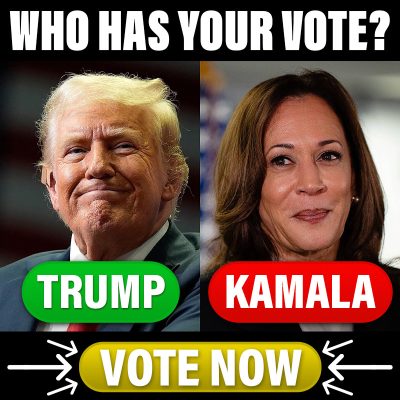Special Counsel Jack Smith has stirred up quite a bit of controversy with statements suggesting he may sidestep a potential adverse ruling from the U.S. Supreme Court concerning key obstruction charges against former President Donald Trump. The controversy centers on a statute which is under judicial scrutiny and pivotal to numerous cases stemming from the January 6 Capitol breach.
On Monday Smith filed a legal brief regarding whether a former president can be criminally prosecuted for actions taken while in office. The core question is whether former President Trump enjoys presidential immunity from criminal prosecution for official acts performed during his tenure. Smith argued that a former president does not have absolute immunity from federal criminal prosecution for official acts. According to Smith, this is based on a constitutional separation of powers principles and historical precedents, asserting that presidential immunity does not extend to actions that violate federal criminal laws.
“The President’s constitutional duty to take care that the laws be faithfully executed does not entail a general right to violate them,” Smith and his team wrote. “The President’s constitutional duty to take care that the laws be faithfully executed does not entail a general right to violate them.”
Just when you thought Jack Smith's J6 case against Donald Trump couldn't get any more laughable–it just did.
In one week, SCOTUS will hear arguments on DOJ's (ab)use of 1512c2, post Enron document shredding "obstruction of an official proceeding" statute passed in 2002.
My… pic.twitter.com/1MNLAWSHnp
— Julie Kelly 🇺🇸 (@julie_kelly2) April 9, 2024
The brief references historical cases and judicial decisions that support the view that a president or former president can be subject to legal action and criminal prosecution after leaving office. Smith claimed to distinguish between immunity from civil actions, which has been granted to sitting presidents to prevent interference with official duties, and criminal prosecution, which serves the public interest by upholding the rule of law.
The Supreme Court is set to deliberate on the case of Fischer v. United States, which challenges the broad application of the obstruction statute. A decision favoring Fischer could significantly impact the legitimacy of the charges against Trump, possibly overturning them and affecting hundreds of related cases. Despite this, Smith has indicated readiness to pursue alternative legal strategies to maintain the charges against Trump and others implicated.
In a recent briefing, Smith argued that even if the Supreme Court rules that the Department of Justice’s (DOJ) use of 18 U.S.C. §1512(c)(2) is unlawful, other aspects of the charges should still stand based on allegations of impairing evidence intended for use in an official proceeding. This stance appears to be a fallback position designed to uphold some level of legal accountability for Trump, irrespective of the Supreme Court’s decision.
18 U.S. Code § 1512(c) is a section of the federal criminal code that pertains to obstructing justice. It reads as follows:
(c)(1) – Whoever corruptly—
(A) alters, destroys, mutilates, or conceals a record, document, or other object, or attempts to do so, with the intent to impair the object’s integrity or availability for use in an official proceeding; or
(B) otherwise obstructs, influences, or impedes any official proceeding, or attempts to do so,
shall be fined under this title or imprisoned not more than 20 years, or both.
(c)(2) – Whoever corruptly obstructs, influences, or impedes any official proceeding, or attempts to do so, shall be fined under this title or imprisoned not more than 20 years, or both.
The section is specifically designed to prevent various forms of tampering and obstruction related to official proceedings. It is frequently invoked in cases involving tampering with evidence or other actions that could hinder the investigation and prosecution of criminal activities.
With the 2024 presidential election on the horizon, the outcomes of these legal battles could shape public perception and influence the election in November. As both sides of the aisle brace for the Supreme Court’s decision, the rule of law and the limits of legal interpretation stand prominently at the forefront.

